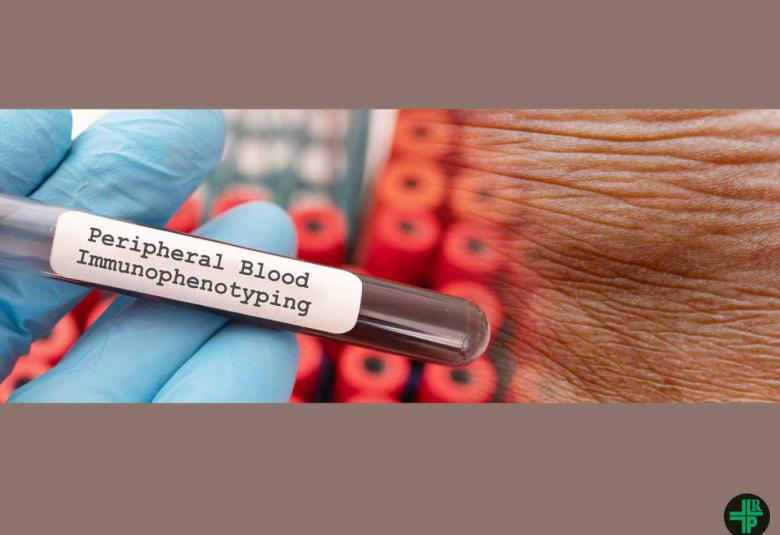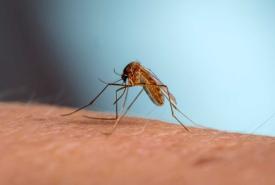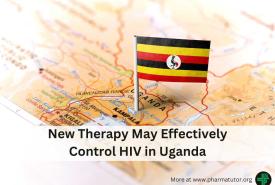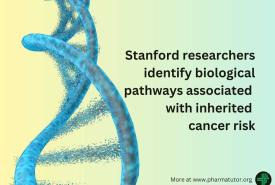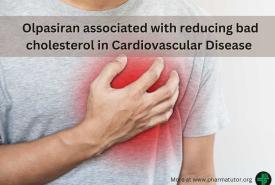UM School of Medicine Dermatology Researchers Discover New Skin Disease Using Innovative Diagnostic Platform
Utilizing a novel diagnostic test for peripheral blood immunophenotyping, researchers were able to identify the specific sources of inflammation triggering the novel skin disease and reverse symptoms with targeted treatments.
A significant number of Americans experience chronic inflammatory skin conditions with no pinpointed cause and often no effective treatments beyond symptom management. Now a new study could pave the way for precision-medicine based diagnostic testing and targeted treatment.


